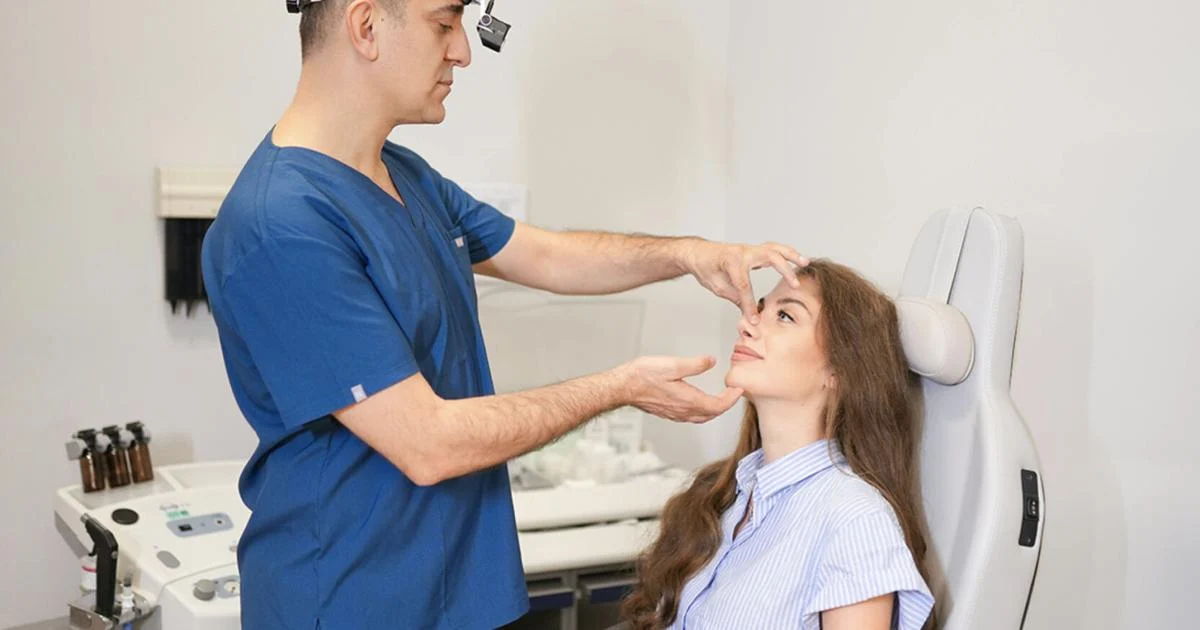Copyright The New York Times

After the Supreme Court reversed Roe v. Wade and ended the constitutional right to abortion three years ago, both supporters and opponents of the court’s ruling expected the number of abortions to fall. After all, nearly 40 percent of U.S. women now live in a state with severe restrictions. Instead, the number of women receiving abortions has increased nationwide, even in most states with bans. This surprising outcome shows that women who want or need to end their pregnancies are determined to find ways to do so — and that abortion pills have transformed the practice of reproductive medicine. One in four abortions in the United States now takes place through telehealth — with pills that people order online. A doctor writes a prescription and a mail-order pharmacy fills it. When the pills arrive, women, including many living in red states, can take them at home to end a pregnancy in its first few months. The method has proved remarkably safe and effective, according to study after study. Pioneered in 2006 by the Dutch doctor Rebecca Gomperts to serve women mostly in low-income countries where abortion was criminal, telehealth abortion has become critical for maintaining access in the United States. But it would be a mistake to assume that this status quo will continue. Republican politicians are working hard to restrict telehealth abortion through a combination of state and federal action. For abortions to remain as accessible as they have been in the past three years, defenders of reproductive health and freedom will need to fight back. They can do so confident that public opinion is on their side. Americans think medication abortion should be legal by a margin of about two to one. The primary way that abortion opponents are trying to restrict access is to block the interstate mailing of abortion pills. Louisiana and Texas have taken the most aggressive steps so far. In Louisiana, prosecutors have filed criminal charges against abortion providers in New York and California for prescribing and sending pills from out of state. In Texas, the attorney general, Ken Paxton, and a private lawyer, Jonathan Mitchell, have filed lawsuits against out-of-state providers and Aid Access, which Ms. Gomperts founded and is one of the largest telehealth services. On Sept. 17, Texas invited a flood of new lawsuits with a bill, the first of its kind, that in most instances allows a private citizen to sue people who make, distribute or prescribe abortion pills to anyone in Texas. Each suit allows for at least $100,000 in damages and can be brought even if no abortion takes place. The Trump administration may impose other barriers. President Trump, recognizing the popularity of abortion access, has been cagey on the issue. He has taken credit for appointing the Supreme Court justices who overturned Roe v. Wade while saying he would not sign a federal abortion ban. He also said that individual states should be free to set their own policies. That position leaves plenty of room for red states to crack down on abortion pills, threatening the reproductive freedom and well-being of women who live there. One worrisome development is that Robert F. Kennedy Jr., the secretary of health and human services, has directed the Food and Drug Administration to review the safety of mifepristone, an abortion pill, based on what he called “new data.” Mr. Kennedy appeared to be referring to an unpublished paper by a conservative think tank, the Ethics and Public Policy Center. Other researchers have debunked that paper as junk science. Abortion opponents have been making bogus claims about abortion pills for decades. They have exaggerated the risks since the F.D.A. first reviewed mifepristone in the 1990s. Since then, evidence has only mounted that the medication is even safer than drugs like penicillin and Viagra. (The F.D.A. recently approved a generic version of mifepristone.) Nonetheless, 22 Republican state attorneys cited the debunked paper in pressing the F.D.A. to restrict mifepristone. In response, Mr. Kennedy said that his department would conduct a review. As with vaccines, it is a sign that he will not let good science stand in the way of bad policy. More immediately, the Trump administration is stripping Medicaid funding from Planned Parenthood. Congress has long banned the use of federal funds for abortions in almost all cases. By now cutting the money Planned Parenthood uses to provide other services, such as birth control and breast cancer screenings, the administration can force the shutdown of clinics that rely on Medicaid because they treat many low-income patients, reducing access to both abortion and other forms of medical care. In rural areas, Planned Parenthood is sometimes the only provider of primary and family-planning care for poor people. Already, its clinics have closed in California and Ohio, and paused providing abortions in Wisconsin. What can be done in response? Two ideas — one immediate, one longer term — are most promising. First, states can make up for the Medicaid funding that Planned Parenthood has lost. In Washington State, Gov. Bob Ferguson has committed to spending more than $11 million this year to do so, even though it will require other tough budget decisions. Other states should follow Washington’s lead, especially California, where 80 percent of Planned Parenthood patients rely on the state’s Medicaid program. The second issue — how to maintain access to pills — is more difficult. For now, eight blue states have enacted laws to protect people who provide abortion pills to women in other states. These policies are known as telehealth shield laws, and Massachusetts passed the first one in 2022. The eight states will not comply with any legal action that another state takes against a provider who sends pills across state borders. New York, for example, is refusing to help Texas enforce a judgment of $113,000 against Margaret Carpenter, a New York doctor. In September, California began allowing providers to remove their names, as well as the names of patients and pharmacists, from pill bottles. These policies have clear benefits: They help women in the 18 states where abortion is tightly restricted to have control of their own bodies and lives. But in the longer run, shield laws may prove legally vulnerable. In most circumstances, states help enforce one another’s laws, rather than the opposite, and a challenge to shield laws is likely to wind up at the Supreme Court. If the conservative majority strikes them down, it will undermine abortion access in the aftermath of Dobbs v. Jackson Women’s Health Organization. That brings us to the more enduring solution to this problem: Congress should set a floor that allows for basic access to abortion in every state. Such a law would return the country to a version of the legal landscape before the Supreme Court allowed burdensome restrictions in the 1990s and then reversed Roe v. Wade entirely in 2022 with Dobbs. It would reflect the clear national preference for access early in pregnancy. Nearly every other high-income country in the world, including European countries with large Catholic populations, provides this access, often with public funding. Blue states would continue to provide broader access. The national law should also repeal the Comstock Act, which was passed in 1873 and has not been enforced for nearly a century but on paper still criminalizes the mailing of any item used for abortion. And a national law should fund high-quality sex education and birth control, which tend to reduce the number of unplanned pregnancies. Ultimately, reproductive health care should be integrated into mainstream medicine. Abortion pills have prevented Dobbs from unleashing all the ill effects that many people feared. But as threats to the pills’ availability grow, it would be a mistake if the surprising trends of the last three years led to complacency. Already, Dobbs has caused burdens and tragedies. Abortion pills are not for everyone. Some women do not want to deal with the pain and bleeding the pills cause, or are beyond the first trimester and must travel hundreds of miles and cross state lines in search of an in-person surgical abortion. Since Dobbs, more than 100 patients have been denied emergency care, or experienced harrowing delays, because doctors were afraid to treat them. At least five women in Georgia and Texas died because they did not receive care that they needed, according to ProPublica. Each of these losses is terrible and preventable. “Did she really have to be the sacrifice?” asked Cjauna Williams after her sister Amber Thurman, a 28-year-old mother, died from an infection after doctors were too slow to remove tissue from an incomplete abortion. American women need the freedom to determine the course of their own lives. Sometimes, access to abortion is even more than that: It can be lifesaving.



